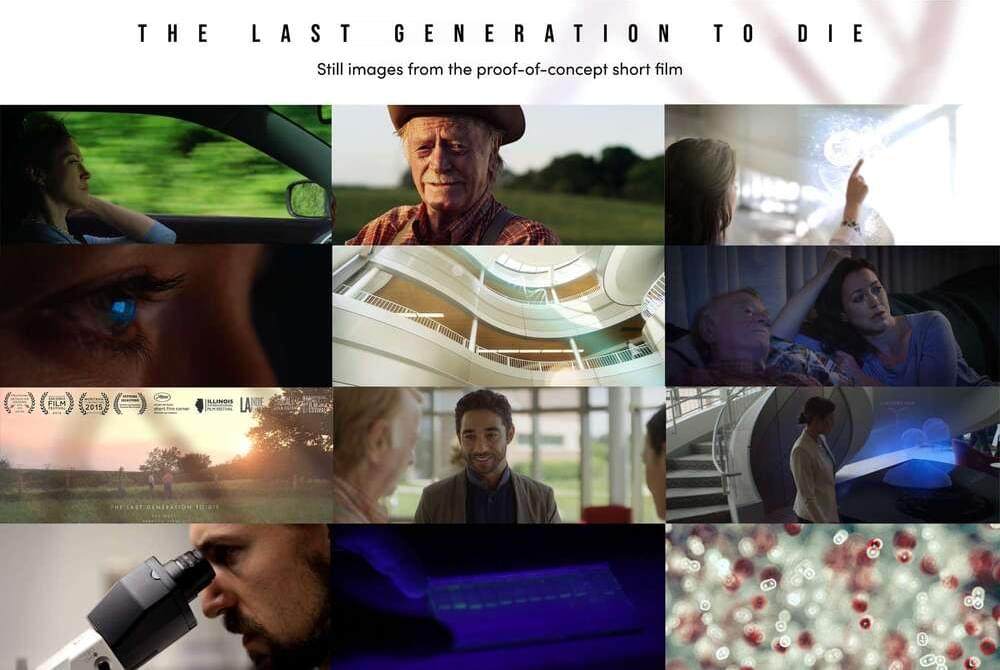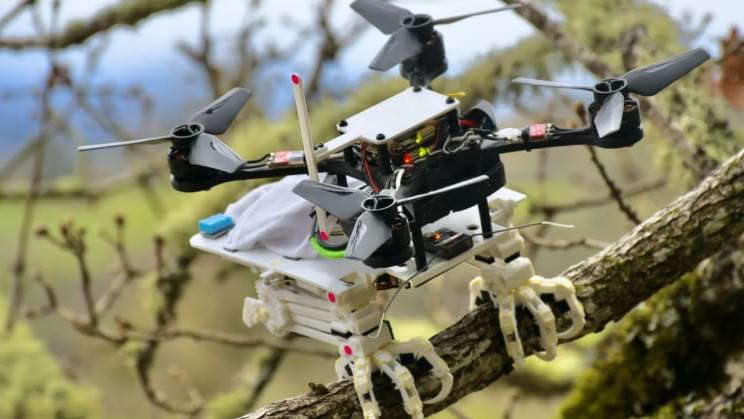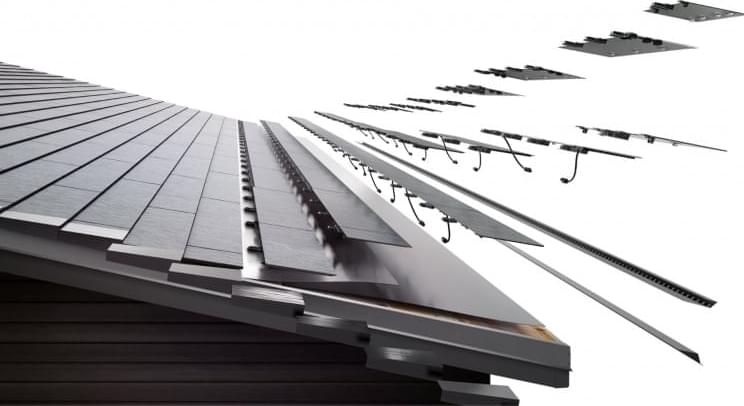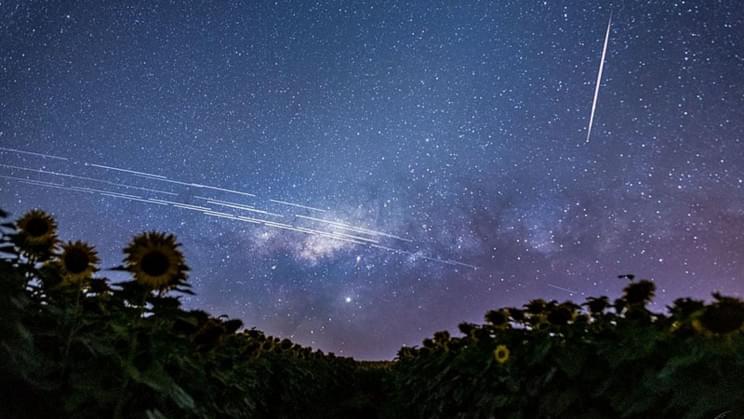Good news, everyone! We’ve been selected for a Gitcoin grant partnership to help democratize and incentivize future funding for our upcoming feature-length film’s development.
Gitcoin grants operate with crypto under a system known as “Quadratic Funding.” In other words, amounts are important, but the number of people donating also helps tremendously by boosting matching funds from a pre-established pool. So even small donation amounts can be hugely helpful. Therefore, any donation we receive from you will then be matched at an ever-increasing amount with each new donation.
We’re very excited to see where this takes us and if you’d like to contribute to the financing with more bang for your buck, check out the link below and start donating!
“The Last Generation to Die” is a cinematic quality full feature film on longevity. It’s a drama set in the future that examines the estranged relationship of two generations on the cusp of the end of aging and the ultimate merging of science and nature that will usher humanity into the next stage of evolution.
Logline: In a near future when age reversal therapies are on the cusp of becoming reality, a scientist tries to save her father from natural death.
“The Last Generation to Die” began its life as a staff-picked, 393% funded Kickstarter short film. We’re extending that life as a full feature length film. The short film was in a variety of festivals, garnering excellent reviews, and serves as a proof-of-concept for the full length feature film.





